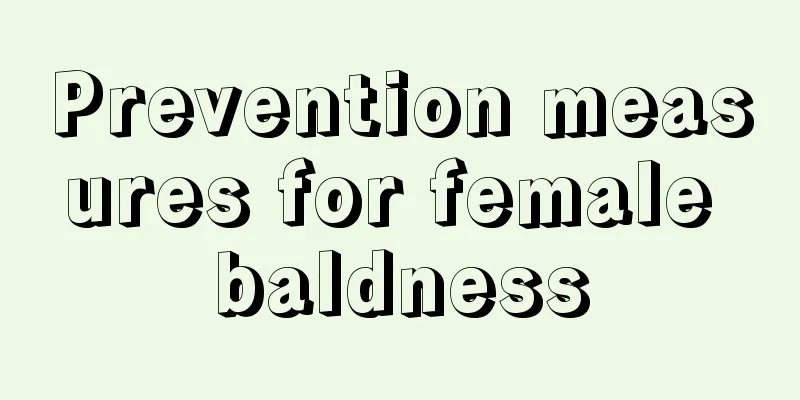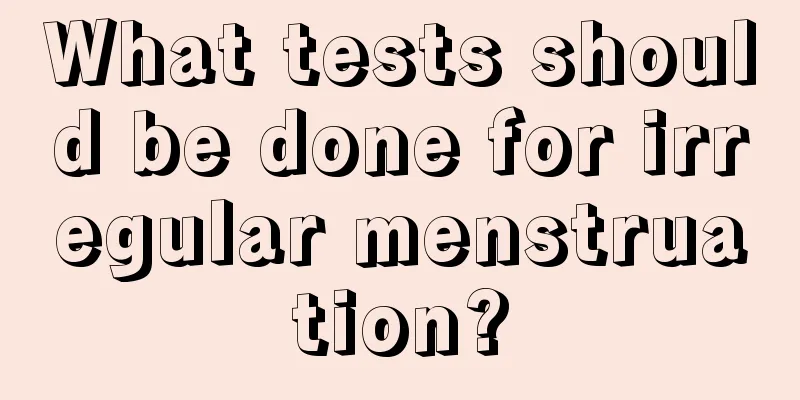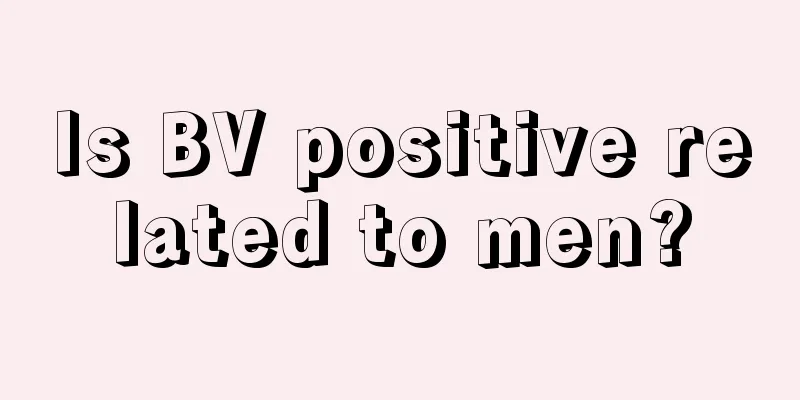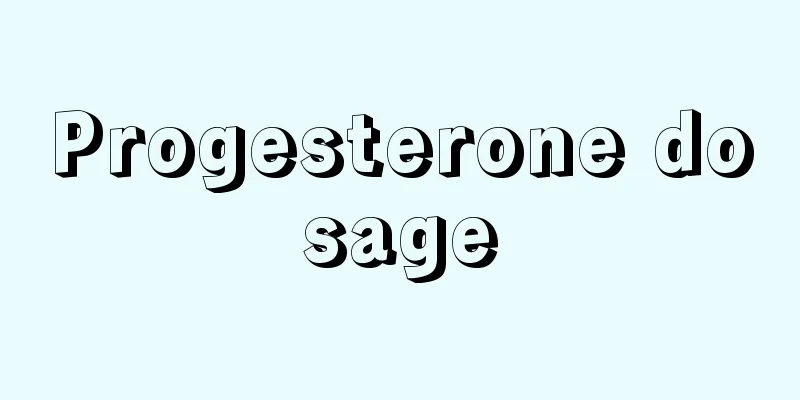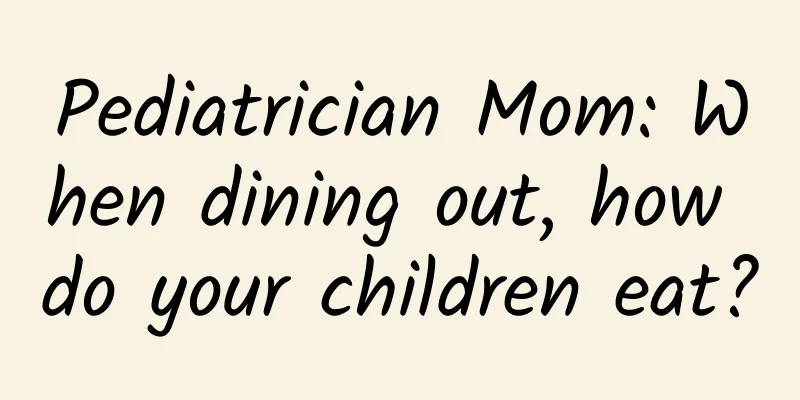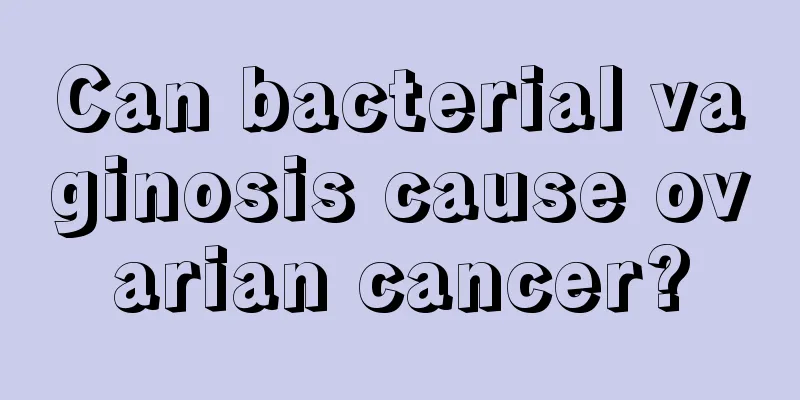Nearly 70% of young people don’t know they have high blood pressure?
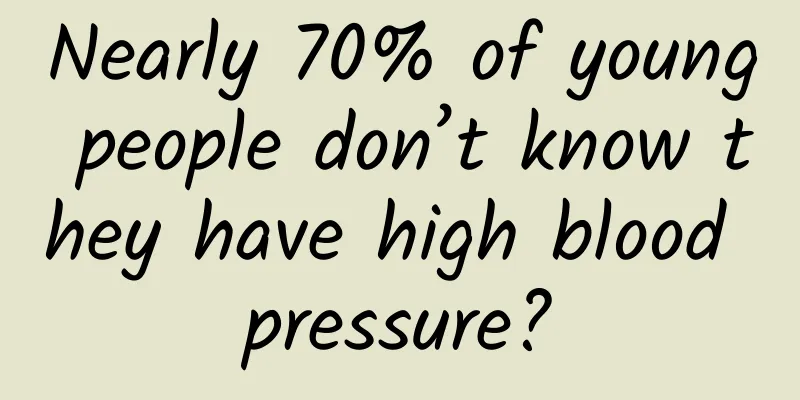
|
You feel dizzy, weak, and depressed as soon as you get to work. You think you are tired of work, but maybe your blood pressure has soared because of work. Hypertension used to be labeled a disease of the middle-aged and elderly, but now more and more young people are falling into the ranks of hypertension without realizing it. According to health statistics in 2021, the number of hypertensive patients under the age of 35 in my country has exceeded 70 million. According to data from The Lancet, the detection rate of hypertension is 37.2%, and the awareness rate of hypertension among patients diagnosed with hypertension is 36%. That is, 36 out of 100 people are diagnosed with hypertension, and 24 of these hypertensive patients do not know that they have hypertension. Nearly 70% of young people don’t know they have high blood pressure! 01. How to identify symptoms? 1) Disease discovery A hypertensive emergency is a severe increase in blood pressure that can lead to a stroke. When systolic blood pressure is greater than 180 mmHg or diastolic blood pressure is greater than 120 mmHg, it can damage blood vessels[1]. These vessels become inflamed and may leak fluid or blood, which may cause the heart to be unable to pump blood effectively, resulting in damage to organs (particularly the brain, eyes, heart, aorta, or kidneys). Signs and symptoms of a potentially life-threatening hypertensive crisis may include: Severe chest pain, severe headache accompanied by confusion and blurred vision, nausea and vomiting, severe anxiety, shortness of breath, seizures, slow reaction, etc. [1]. 2) Ask the patient If the patient usually has a history of hypertension and has been taking antihypertensive drugs for a long time, and suddenly feels severe discomfort such as chest pain, nausea, shortness of breath, etc., it is a symptom of hypertension. 02. Temporary first aid method 1) Rest In the event of a hypertensive emergency, keep the patient calm and rest in a comfortable side-lying position, secure the surrounding area, and loosen any tight clothing. If the patient feels cold, cover him with a blanket or coat. If the patient has vomiting symptoms, help him clean up the vomit in time to avoid suffocation caused by vomitus. 2) Monitoring patients If conditions permit, the patient's blood pressure can be checked regularly to see if it reaches the level of hypertensive emergency. If the patient loses consciousness, the patient's breathing and pulse should be closely monitored. Once the breathing and pulse stop, cardiopulmonary resuscitation should be performed immediately. 3) Seek medical attention promptly When symptoms of hypertensive emergency appear, call 120 emergency number immediately and provide the emergency personnel with as much relevant information as possible. 03. How to prevent hypertension? 1) Causes of hypertensive emergencies include: Forgetting to take antihypertensive medications can cause stroke, heart attack, heart failure, kidney failure, rupture of the body's main artery (aorta), drug interactions, and seizures during pregnancy (eclampsia) [2]. Therefore, you should take antihypertensive medications on time as prescribed by your doctor and monitor your blood pressure regularly, pay attention to preventing and treating cardiovascular and kidney diseases, take multiple medications under the guidance of a doctor or pharmacist, and pay attention to regular prenatal checkups during pregnancy. 2) Lifestyle factors that may increase your risk of high blood pressure include: Unhealthy lifestyle factors such as eating too much salt, not consuming enough fruits and vegetables, lack of exercise, drinking too much alcohol, consuming coffee or other caffeinated beverages, smoking, getting too little sleep and poor sleep quality should be avoided as much as possible. 04. Special tips! Hypertensive emergencies are rare in life. They are usually caused by untreated hypertension, such as patients not taking antihypertensive drugs, or taking over-the-counter drugs that exacerbate hypertension. So in order to diagnose a hypertensive emergency, the doctor will ask the patient a few questions to better understand the medical history. Usually, it is necessary to know all the medications the patient is taking, including over-the-counter drugs, health supplements, and traditional Chinese medicines. References [1] Thomas L (October 2011). "Managing hypertensive emergencies in the ED". Canadian Family Physician. 57 (10): 1137–97. [2] Patel R, et al. Blood pressure management during hospitalization. Hospital Medicine Clinics. 2016;5:529. [3] Taylor D. Hypertensive crisis: A review of pathophysiology and treatment. Critical Care Nursing Clinics of North America. 2015;27:439. [4] Walls, Ron; Hockberger, Robert; Gausche-Hill, Marianne (2017-03-09). Rosen's emergency medicine : concepts and clinical practice. Walls, Ron M.,, Hockberger, Robert S.,, Gausche-Hill, Marianne (Ninth ed.). Philadelphia, PA. ISBN 9780323390163. |
<<: Pay attention to 6 points in summer to keep male problems away from you
Recommend
What should pregnant women pay attention to when sitting and sleeping?
Pregnant women should pay attention to their phys...
Girls doing sit-ups
Doing sit-ups can effectively help girls improve ...
Ovarian teratoma postoperative care
Ovarian teratoma is a symptom of an abnormal tumo...
If dry eyes are left untreated, they may cause these two major hazards
Dry eye problems gradually emerge The patient pop...
What to do if there is a lump after minimally invasive breast surgery
It is normal for patients with adenofibroma to ha...
What can women eat to nourish their uterus?
People often say that the uterus is the driving f...
Is it OK to sunbathe after giving birth?
Chinese mothers should change their traditional b...
How many liters of water can an ordinary solar water heater hold? How to clean a solar water heater
Solar water heaters are heating devices that conv...
What is pelvic effusion?
Pelvic effusion is a very common female disease, ...
Can I use anesthesia when I have a dental filling during breastfeeding?
For breastfeeding mothers, the baby's nutriti...
Why can't I get pregnant by having sex every day?
In life, many people are very eager to have child...
How long after an abortion can I wash my hair?
I think everyone knows the saying that workers ca...
What are some recommended books and travel notes about traveling in Tibet? Why does it rain so much in Lhasa, Tibet?
Because Tibet is full of plateaus and hillsides, ...
How long is the best time to touch up the eyebrow
In life, many people think that drawing eyebrows ...
Can I eat tangerines during menstruation?
Tangerines are a common fruit in our lives, and m...
